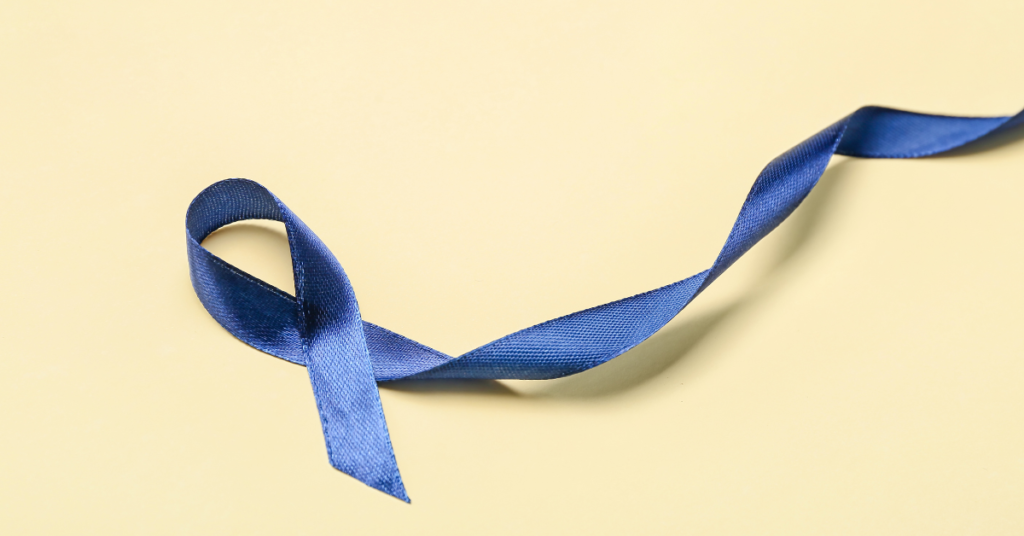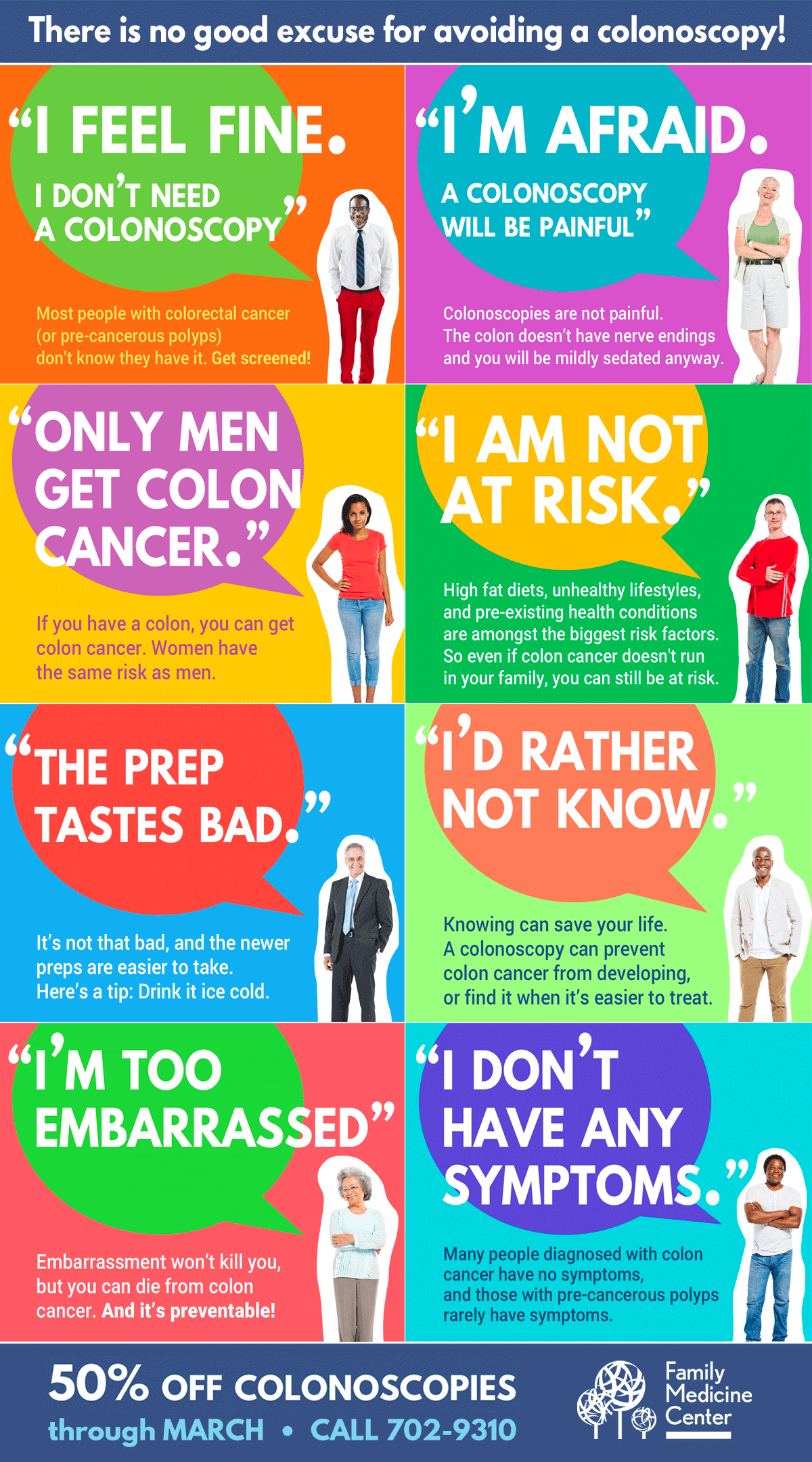It’s easy to find excuses to not get a colonoscopy. It’s nobody’s idea of fun but if you are 45 or older, or if you have risk factors, it is the responsible thing to do for your health. A colonoscopy can actually prevent cancer by detecting and removing precancerous polyps BEFORE they develop into cancer. The earlier you detect cancer the better. Colon cancer is treatable, beatable and preventable – Book yours now: 50% special through March. Click here for more information including cost details.

Colon Cancer Linked To Sugary Snacks
 Snacking on sweet treats like biscuits, cakes and fizzy drinks has been linked to bowel cancer, a UK study says.
Snacking on sweet treats like biscuits, cakes and fizzy drinks has been linked to bowel cancer, a UK study says.
The research is the first of its kind to reveal a positive connection between the disease and a diet high in sugar and fat.
A team from Edinburgh University looked at risk factors such as level of physical activity, smoking and diet.
Scientists examined more than 170 foods, including fruit, vegetables, fish and meat, as well as high-energy snack foods such as chocolate, nuts, chips and fruit drinks.
They reported links with some established risk factors of colorectal cancer – a family history of cancer, low exercise and tobacco.
The team also identified new factors, including high intake of high-energy snacks and sugar-sweetened drinks.

Colon Cancer Are You At Risk?
Colorectal cancer is a disease in which cells in the colon or rectum become abnormal and divide without control, forming a mass called a tumor. (The colon and rectum are parts of the body’s digestive system, which takes up nutrients from food and water, and stores solid waste until it passes out of the body.)
Though the exact causes of colorectal cancer are not known, studies have shown that certain factors are linked to an increased chance of developing this disease.
Screening is very important as it checks for health problems before they cause symptoms. If colorectal cancer screening reveals a problem, diagnosis and treatment can occur promptly. The cancer is generally more treatable when it is found early, before it has had a chance to spread.
Contact Dr Cates for more information on colon cancer and screening
Read also: Colonoscopy May Reduce Late-Stage Colon Cancer Risk by 70%

